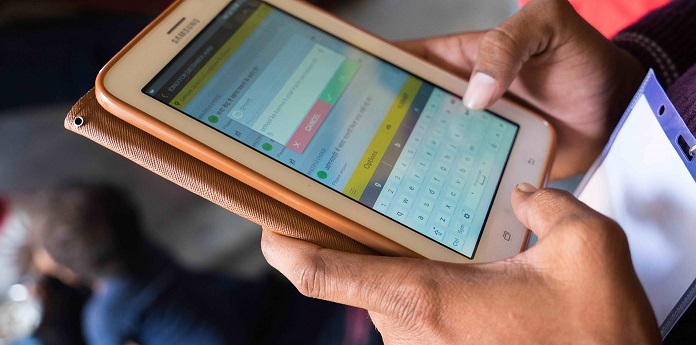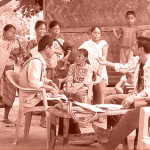
The PAISA Story
25 February 2016
‘Let’s meet for lunch’.
A decade back, whenever I heard that voice over the phone, it always brought a smile of anticipation. I did enjoy those lunches with my good friend, Yamini Aiyar. It was a welcome respite from the tensions and stress of office, a time to catch up on what was happening in the world around us and to share our burgeoning experience on governance. As Secretary to the Government of Karnataka, I had initiated a study with which Yamini was involved in Karnataka, on service delivery and the effects of decentralisation reforms on the quality of government services. In Delhi, we continued our association at the national level, working closely on issues of service delivery, but over a broader canvas of several States.
In 2008, one of those lunches stretched into a magical session of sharing ideas that would change our lives significantly. Yamini was at the crossroads, putting together the pitch for starting Accountability Initiative. Thinking back, while I might have denied it at that time, the seeds for my eventual departure from the government were already sown. Enough work had been done in India to show that service quality was abysmal. Our government driven education, health, sanitation and a plethora of other civic and development services were the pits; research only added credible numbers to this well-known fact. But, how could we trigger a demand for improvement? How could we help people to hold those who failed to provide services accountable for that failure?
Both Yamini and I had come to the conclusion that finding out how government money was spent was the key to fixing accountability. If those to whom government entrusted its money – our money – did not do their job properly, then they needed to be punished; that was the real meaning of accountability. So, we decided, we must learn to follow the trail of government money.
Being in the government, I knew a bit of how that happened – say, about ten percent of the story. Yamini knew even less. So the conundrum was how we could put together a team of skilled fiscal detectives, adept at not only poring over mind numbing government budget documents, but also face an army of glum, silent local accountants and squeeze out good data from them.
That’s when we discovered that we both knew Dr. Rukmini Banerji.
Rukmini, the CEO of the Pratham Education Foundation and the Director of the ASER Centre, the autonomous research and assessment unit of Pratham, was a name to be reckoned with in the sphere of education. The ASER study of learning levels in government schools is one of the most influential studies on the quality of government delivered services in India. ASER had developed a network of skilled field researchers through the running of its assessment studies; Yamini reckoned that if we tied up with them through Rukmini, we could leverage their network for also collecting budget data. That thought also automatically selected the choice of the government service that would be the testing ground for our studies in following the money; Accountability Initiative would track how funds flowed to schools under the Sarva Shiksha Abhiyan, India’s centrally driven programme for universalising primary education.
It was another matter that both of us hugely enjoyed Rukmini’s company as well; she is a comedienne par excellence. Surely, collaborating with ASER would not only be an educational experience but a rollicking, fun one too.
Over the next couple of years, the PAISA Project was conceived and launched. PAISA, standing for Planning, Allocations and Expenditures and Institutions: Studies in Accountability, has now become one of India’s largest research initiatives in following the fate of the government spent rupee.





